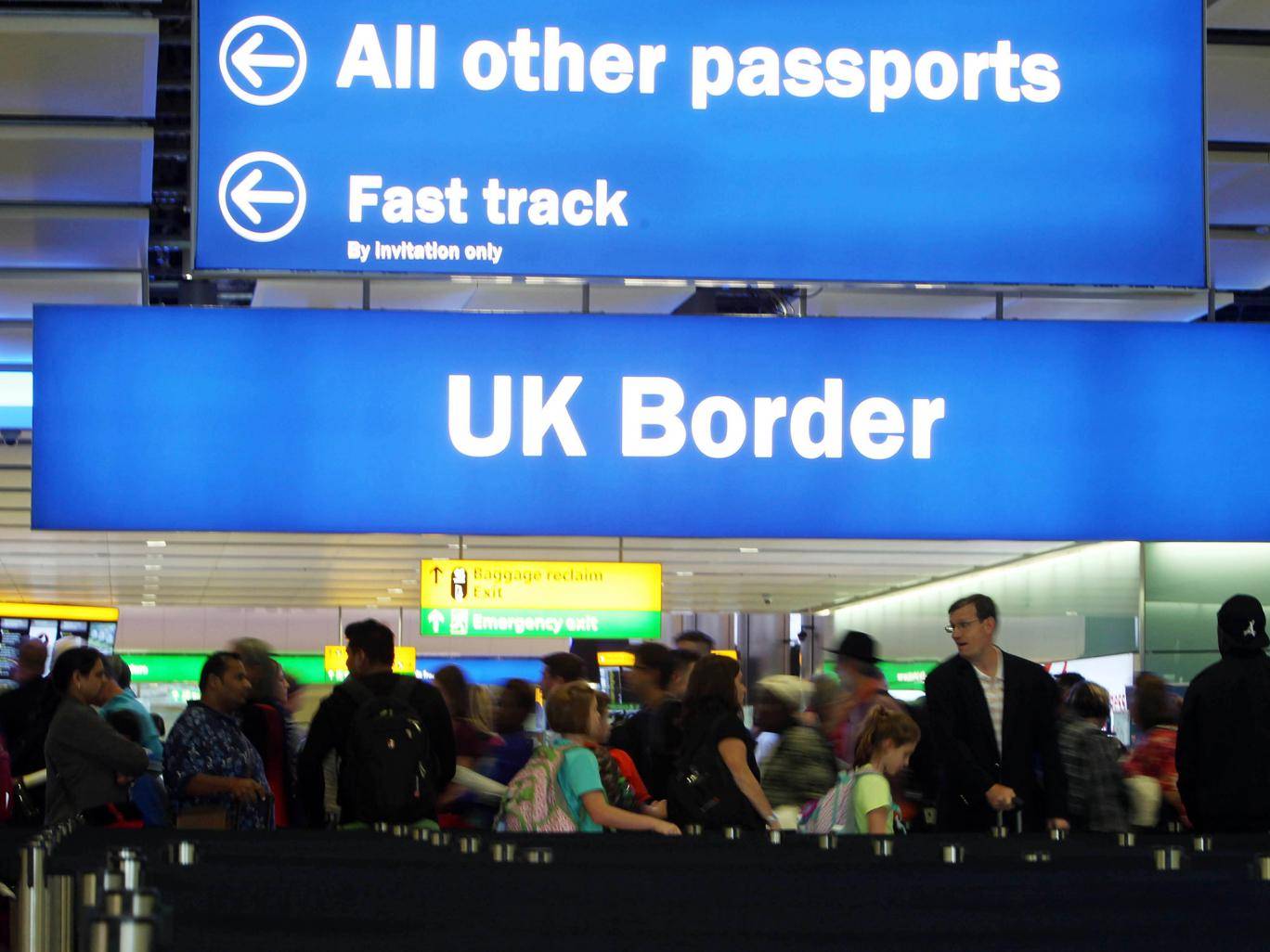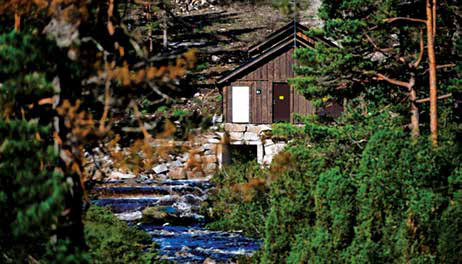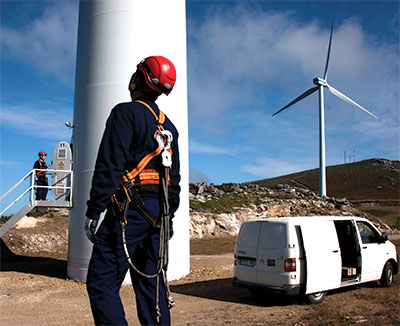[vc_row][vc_column width=”1/2″][vc_column_text]
Türkiye
Türkiye was the 19th largest economy in the world by nominal GDP in 2018. GDP per capita is $9,311. It has a population of over 83m, similar in size to Germany. Most of the country is in Asia minor but its largest city, Istanbul straddles Asia and Europe. It is a member of the G20 and OECD. Services was the largest economic sector in 2018 (54 percent of GDP), followed by manufacturing (19 percent), and agriculture (5.8 percent). In 2017, the largest export sectors were services (21.75 percent), textiles (15 percent), vehicles (13.8 percent), and agriculture (10.1 percent). The largest individual exports were travel and tourism (11 percent), transport services (7.5 percent), cars (6.25 percent), and gold (2.58 percent). Its largest export partners were Germany (9.7 percent), UK (5.98 percent), US (5.59 percent), Italy (5.54 percent), and Iraq (5.53 percent). The largest goods imports were cars (3.74 percent), gold (6.05 percent), and refined petroleum (3.7 percent). Post WW2, Türkiye pursued a policy of import substitution with a focus on the internal market. The economy industrialised and grew but was unable to achieve the levels of economic growth in Western Europe post WW2. In the 1980s, Türkiye began to liberalise its economy reducing controls on trade, investment, prices, and the private sector. The policies led to a rapid increase in FDI, investment and total factor productivity but its poor macroeconomic fundamentals led to repeated crises culminating in a severe financial crisis in 2001. After the crisis, the government strengthened macroeconomic fundamentals, reformed the financial system, and privatised many SOEs. This resulted in strong growth (an average of more than 6 percent) up until the global financial crisis. Poverty more than halved between 2002-15. However, the appetite for reforms and macroeconomic discipline began to wane. The economy recovered strongly from the global financial crisis but has been under pressure since 2015. Persistently high current account deficits have kept investors nervous. Further, since 2017, the economy has also suffered from high inflation and a falling lira. A return to reforms and better macroeconomic fundamentals would unlock further growth.
[/vc_column_text][vc_column_text] Its population in 2018 was 81,916,871 [1]
Its population in 2018 was 81,916,871 [1]
 In 2015, 13.37% of its total energy
In 2015, 13.37% of its total energy
consumption was renewable [2]
 In 2021, its GDP grew by 10.99% [2]
In 2021, its GDP grew by 10.99% [2]
 In 2021 it had a negative Current
In 2021 it had a negative Current
Account Balance of US$bn 14.89 [3]
 Its unemployment rate in 2021 was 11.96% [3]
Its unemployment rate in 2021 was 11.96% [3]
 Its Expenditure on R&D (as a percentage of
Its Expenditure on R&D (as a percentage of
GDP) in 2020 was 1.09% [2]
 A Big Mac will set you back the
A Big Mac will set you back the
local equivalent of US$2.00 [4]
What free trade areas or economic unions is it a member of?
Member of the Organization of the Black Sea Economic Cooperation (BSEC) since 05/06/1998
Other members:
Albania, Armenia, Azerbaijan, Bulgaria, Georgia, Greece, Republic of Moldova, Romania, Russian Federation, Serbia, Ukraine
What trade deals are there between Organization of the Black Sea Economic Cooperation and other countries and economic unions?
None
Member of the Euro-Mediterranean partnership (EuroMed) since 28/11/1995
Other members:
Algeria, Egypt, Israel, Jordan, Lebanon, Libya, Morocco, State of Palestine, Syrian Arab Republic, Tunisia
What trade deals are there between Euro-Mediterranean partnership and other countries and economic unions?
None
[/vc_column_text][vc_column_text]What trade deals are there with other countries and economic unions?
Protocol on Trade Negotiations (from 11/02/1973)
Economic Cooperation Organization (from 17/02/1992)
EFTA - Türkiye Free Trade Agreement (from 01/04/1992)
EU - Türkiye Customs Union (from 31/12/1995)
Türkiye - Israel free trade agreement (from 01/05/1997)
Türkiye - North Macedonia free trade agreement (from 01/09/2000)
Türkiye - Bosnia and Herzegovina free trade agreement (from 01/07/2003)
Türkiye - Palestinian Authority free trade agreement (from 01/06/2005)
Türkiye - Tunisia free trade agreement (from 01/07/2005)
Türkiye - Morocco free trade agreement (from 01/01/2006)
Türkiye - Syria free trade agreement (from 01/01/2007)
Egypt - Türkiye free trade agreement (from 01/03/2007)
Türkiye - Albania free trade agreement (from 01/05/2008)
Türkiye - Georgia free trade agreement (from 01/11/2008)
Türkiye - Montenegro free trade agreement (from 01/03/2010)
Türkiye - Serbia free trade agreement (from 01/10/2010)
Türkiye - Chile free trade agreement (from 01/03/2011)
Korea, Republic of - Türkiye free trade agreement (from 01/05/2013)
Türkiye - Mauritius free trade agreement (from 01/06/2013)
Türkiye - Malaysia free trade agreement (from 01/08/2015)
Türkiye - Moldova free trade agreement (from 01/11/2016)
Türkiye - Faeroe Islands free trade agreement (from 01/10/2017)
Türkiye - Singapore free trade agreement (from 01/10/2017)
Türkiye - Kosovo free trade agreement (from 01/09/2019)
UK - Türkiye Agreement (from 01/01/2021)
[/vc_column_text][/vc_column][vc_column width=”1/2″][vc_column_text]Border Trouble
enso GmbH: Investing in Hydro Power
CFI.co Meets the CEO of enso GmbH: Dr Georg Kühhas
DEG: Turkey – Growth Market and Bridge to the East
Masoud Barzani: Walking a Tightrope
Elif Shafak: Exposing the Moralising Slappers
World Bank Supports New Innovative Financing to Reach SMEs and Exporters in Turkey
Turkey’s Public Finances: Time for a Fiscal Policy Pivot?
Luther George Simjian: ATM Inventor Misses Out on Fame and Fortune
IFC: Moving to Green Growth in Emerging Europe, Central Asia and the Greater Middle East
Trade with the United Kingdom
Source: UK Office for National Statistics, October 2022.
Contains public sector information licensed under the Open Government Licence v3.0.



























































































